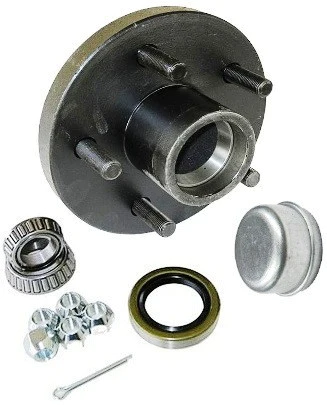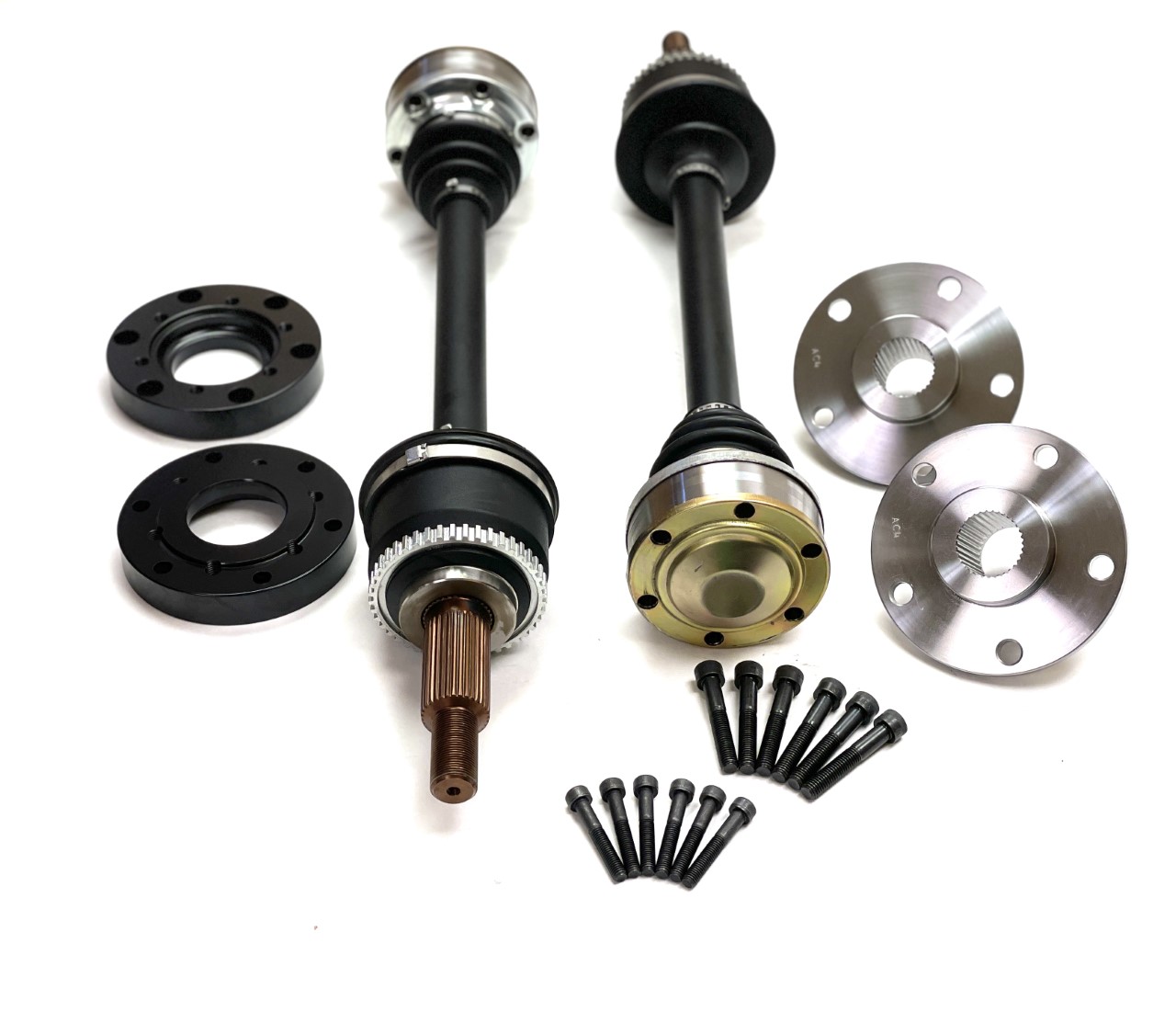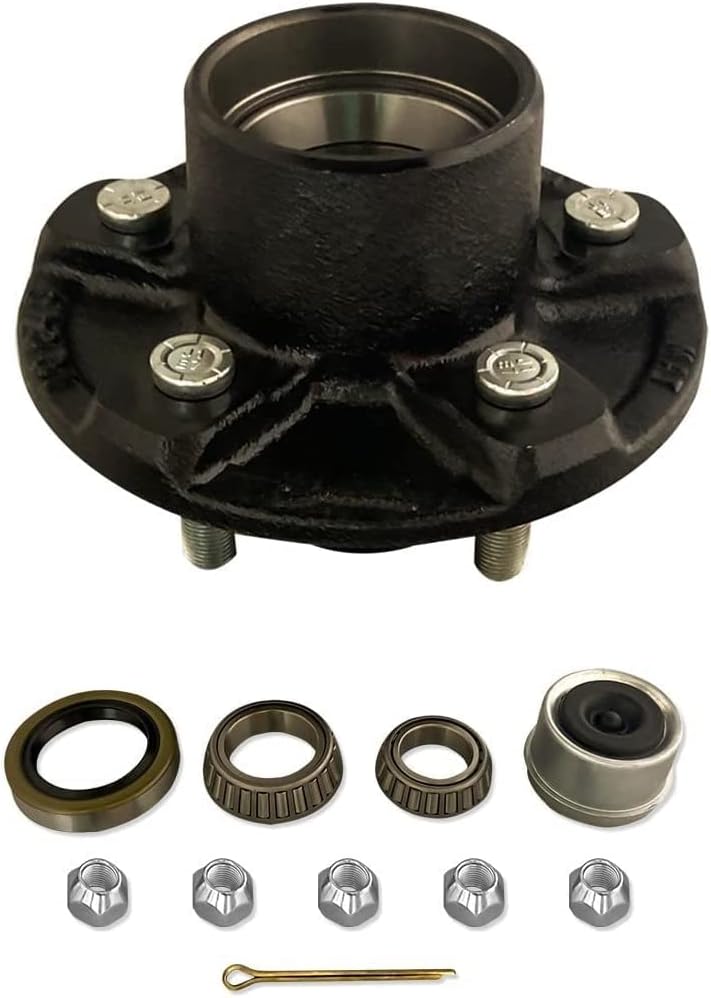Product Description
What is railway axle
Railway axles are generally used in railway vehicles and are mechanical parts that connect 2 train wheels.
Our Railway axle applications:
1. Our railway axle can be used in railway locomotives, trucks, passenger cars, and high-speed trains.
2. Our railway axle can meet the needs of high speed, high power, large diameter, heavy load, and different gauges.
3. Our railway axles can also be applied to axles for various urban rail vehicles.
In addition, I can also produce many types of engineering, industrial shafts and other products.
| Product Name | Railway Axles |
| Wide Material | KINGRAIL PARTS axles wide range of raw material steel support LZ50, JZ45,AAT Grade F, EA1N, EA1T, EA4T, IRS 16/95, SFA60A, and et |
| Axle Type | Drive axle with multiple seats, Locomotive axles, Non-driven freight wagon axle, Passenger coach axle. |
| Axle Diameter | Φ90mm~Φ280mm |
| Alxe Length | 1600mm~2650mm |
| Test | Chemical analysis, Metallographic, Mechnical analysis, Ultrasonic testing, Magnetic testing, Impact testing, Hardness testing, Surface quality and dimension report |
| Certifications | ISO9001,ISO14001, OHSAS18001, AAR, IRIS, TSI |
Production process of the railway axle:
1. Billet Steel Review 2. Cutting 3. Heating 4. Forging 5. Straightening 6. Heat Treatment 7. Sampling Test 8. Ultrasonic Inspection 9. Rough Machining 10. Semi-Finish Machining 11. Finish Machining 12. Granding 13.Magnetic Particle Testing 14. Packing
| Quality Test for Raiwlay Axle | |||
| Chemical Analysis | Metallographic | Mechanical Analysis | Ultrasonic Testing |
| Magnetic Testing | Impact Testing | Hardness Testing | Surface Quality |
| Diemension Checks(CMM) | Customers’ acceptance check or third party check | ||
Packing&Shipping
Package : axles are fixed by wood frame and steel bars in wooden cases
Wooden cases : export wooden cases with fumigation certifications
Why choose CZPT Parets Railway Axle
1. We can provide various finished and semi-finished railway axles for railway rolling stock 2. Our factory has produced railway axles for more than 30 years and is an axle production company designated by the Chinese Ministry of Railways. 3. We have passed DB certification, AAR certification, and obtained Alstom’s B-level supplier qualification. We can mass produce axles that meet EN13261, AAR M101, UIC811 and Indian IRS R16 standards. 4. The axles we produce have been exported to Iran, Pakistan, Iraq, Egypt, Germany, India, Brazil, Chile, Myanmar, and other countries.
If you have any questions, pls feel free to contact us as below:
http:// /showroom/5fd55aec447165c4
MaHangZhou Ruika Metal Products Technology Co., Ltd. /* January 22, 2571 19:08:37 */!function(){function s(e,r){var a,o={};try{e&&e.split(“,”).forEach(function(e,t){e&&(a=e.match(/(.*?):(.*)$/))&&1
| After-sales Service: | Free After Service |
|---|---|
| Warranty: | Free After Service |
| Customized: | Customized |
| Certification: | ISO14001, ISO9001 |
| Type: | Railway Wagon Axles Locomotive Axle Train Axle |
| Production: | Forging, Rolled |
| Samples: |
US$ 1000/Piece
1 Piece(Min.Order) | |
|---|
| Customization: |
Available
| Customized Request |
|---|

Can you recommend reliable brands for purchasing replacement axle hubs?
When it comes to purchasing replacement axle hubs, there are several reliable brands known for their quality and durability. Here are some recommended brands:
- Timken: Timken is a well-known brand that specializes in manufacturing high-quality bearings and hub assemblies. They have a reputation for producing reliable and long-lasting products. Timken axle hubs are widely used in the automotive industry and are trusted by both professionals and DIY enthusiasts.
- Moog: Moog is another reputable brand that offers a wide range of suspension and steering components, including axle hubs. Moog axle hubs are known for their precision engineering, excellent build quality, and reliable performance. They are designed to meet or exceed OEM (Original Equipment Manufacturer) specifications and are a popular choice among car owners.
- ACDelco: ACDelco is a trusted brand that provides a comprehensive range of automotive replacement parts. Their axle hubs are designed to deliver reliable performance and durability. ACDelco axle hubs are often recommended for their compatibility with various vehicle makes and models, making them a reliable choice for replacement.
- SKF: SKF is a well-established brand with a strong reputation in the automotive industry. They are known for their high-quality bearings and hub assemblies, including axle hubs. SKF axle hubs are engineered to provide excellent performance and longevity. They are often regarded as a premium option for those seeking reliable replacement parts.
- NTN: NTN is a trusted manufacturer of bearings and hub assemblies. They offer a range of axle hubs that are designed to meet stringent quality standards. NTN axle hubs are known for their durability and precise fitment, making them a reliable choice for replacement in various vehicles.
It’s important to note that the availability of specific brands may vary depending on your location and the make and model of your vehicle. Additionally, it’s always a good idea to consult with a trusted mechanic or do thorough research to ensure the compatibility of the axle hubs with your vehicle before making a purchase.
In summary, some reliable brands for purchasing replacement axle hubs include Timken, Moog, ACDelco, SKF, and NTN. These brands have a solid reputation for producing high-quality and durable axle hubs, making them trusted choices for maintaining and repairing your vehicle’s axle system.

Can a worn or damaged wheel bearing impact the performance of an axle hub?
Yes, a worn or damaged wheel bearing can significantly impact the performance of an axle hub. The wheel bearing plays a crucial role in supporting the weight of the vehicle and allowing the wheels to rotate smoothly. Here’s a detailed explanation of how a worn or damaged wheel bearing can affect the performance of an axle hub:
- Wheel rotation: The axle hub, along with the wheel bearing, enables the smooth rotation of the wheel. When the wheel bearing is worn or damaged, it can cause irregular or uneven rotation of the wheel. This can result in vibrations, noise, and an overall rough ride quality.
- Excessive play: A worn wheel bearing may develop excessive play or looseness. This can cause the wheel to wobble or have noticeable movement when jacked up or when driving. Excessive play in the wheel bearing can affect the vehicle’s stability, handling, and control, making it more difficult to steer accurately.
- Noise: Worn or damaged wheel bearings often produce noticeable noise. The noise can vary from a low humming or rumbling sound to a high-pitched whining or grinding noise. The noise may become more pronounced when turning or when the vehicle is under load. Ignoring the noise and continuing to drive with a faulty wheel bearing can lead to further damage and potential safety hazards.
- Heat buildup: A damaged wheel bearing may generate excessive heat due to increased friction and inadequate lubrication. The heat buildup can cause the bearing to expand, leading to further damage and potential failure. Overheated wheel bearings can contribute to premature wear of other components within the axle hub assembly, such as the axle shaft or hub assembly itself.
- Uneven tire wear: A worn or damaged wheel bearing can result in uneven tire wear. As the wheel doesn’t rotate properly or experiences excessive play, it can cause the tire to wear unevenly. This can lead to premature tire wear on specific areas of the tread, affecting the tire’s performance, lifespan, and overall safety.
- Reduced fuel efficiency: When a wheel bearing is damaged or worn, it can create additional resistance and drag on the wheel. This increased rolling resistance can have a negative impact on fuel efficiency, causing the vehicle to consume more fuel to maintain speed and overcome the additional resistance. Thus, a faulty wheel bearing can lead to decreased fuel efficiency and increased operating costs.
It’s important to address any signs of a worn or damaged wheel bearing promptly. If you suspect a problem with the wheel bearing or experience any of the symptoms mentioned above, it is recommended to have the vehicle inspected by a qualified mechanic or automotive technician. They can assess the condition of the wheel bearing and perform the necessary repairs or replacement to restore the proper performance of the axle hub and ensure safe operation of the vehicle.
In summary, a worn or damaged wheel bearing can have a significant impact on the performance of an axle hub. It can affect wheel rotation, cause excessive play, produce noise, lead to heat buildup, result in uneven tire wear, and reduce fuel efficiency. Prompt inspection and necessary repairs or replacement of a faulty wheel bearing are essential to maintain the optimal performance and safety of the axle hub.

What are the torque specifications for securing an axle hub to the vehicle?
The torque specifications for securing an axle hub to the vehicle may vary depending on the specific make, model, and year of the vehicle. It is crucial to consult the manufacturer’s service manual or appropriate technical resources for the accurate torque specifications for your particular vehicle. Here’s a detailed explanation:
- Manufacturer’s Service Manual: The manufacturer’s service manual is the most reliable and authoritative source for torque specifications. It provides detailed information specific to your vehicle, including the recommended torque values for various components, such as the axle hub. The service manual may specify different torque values for different vehicle models or configurations. You can usually obtain the manufacturer’s service manual from the vehicle manufacturer’s official website or through authorized dealerships.
- Technical Resources: In addition to the manufacturer’s service manual, there are other technical resources available that provide torque specifications. These resources may include specialized automotive repair guides, online databases, or torque specification charts. Reputable automotive websites, professional repair manuals, or automotive forums dedicated to your vehicle’s make or model can be valuable sources for finding accurate torque specifications.
- Online Databases: Some websites offer online databases or torque specification tools that allow you to search for specific torque values based on your vehicle’s make, model, and year. These databases compile torque specifications from various sources and provide a convenient way to access the required information. However, it’s important to verify the accuracy and reliability of the source before relying on the provided torque values.
- Manufacturer Recommendations: In certain cases, the manufacturer may provide torque specifications on the packaging or documentation that accompanies the replacement axle hub. If you are using an OEM (Original Equipment Manufacturer) or aftermarket axle hub, it is advisable to check any provided documentation for torque recommendations specific to that particular product.
Regardless of the source you use to obtain torque specifications, it is essential to follow the recommended values precisely. Torque specifications are specified to ensure proper tightening and secure attachment of the axle hub to the vehicle. Over-tightening or under-tightening can lead to issues such as damage to components, improper seating, or premature wear. It is recommended to use a reliable torque wrench to achieve the specified torque values accurately.
In summary, the torque specifications for securing an axle hub to the vehicle depend on the specific make, model, and year of the vehicle. The manufacturer’s service manual, technical resources, online databases, and manufacturer recommendations are valuable sources to obtain accurate torque specifications. It is crucial to follow the recommended torque values precisely to ensure proper installation and avoid potential issues.


editor by CX 2024-03-27